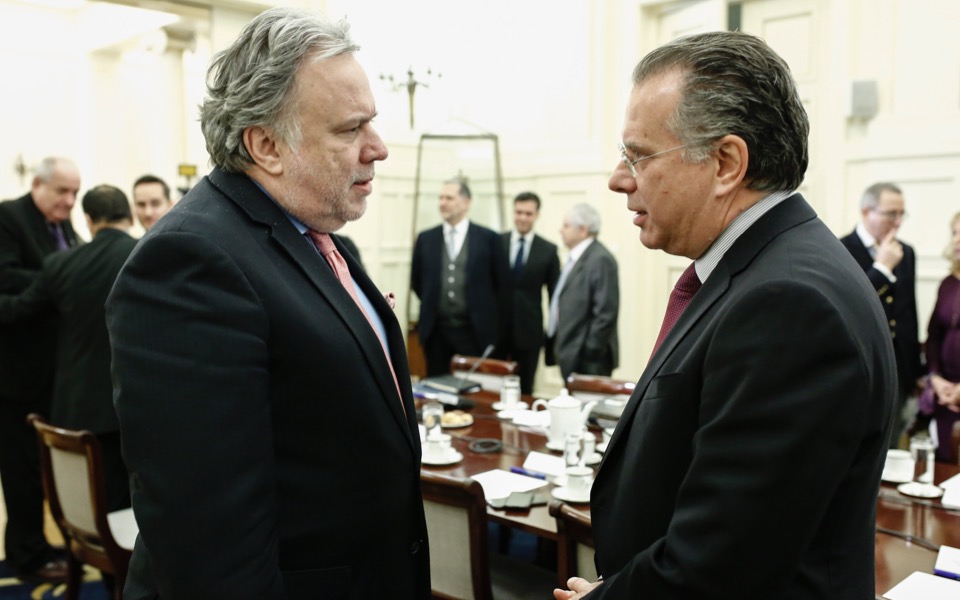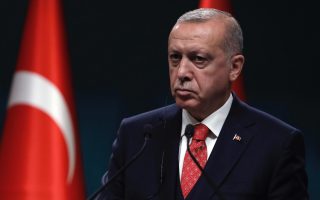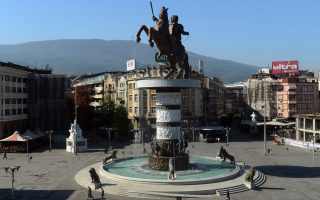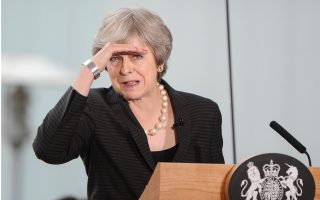SYRIZA and ND dealing with Turkey

During the last few weeks we have been witnessing the incremental execution by Turkey of a well thought-out strategic plan which aims to challenge the status quo in the Aegean and the East Mediterranean in a deliberate way, using claims, so-called evidence, maps drawn in a certain way, invoking treaties and agreements.
Turkey’s demands are often the subject of debate in this column, but this time the focus will be on the way the Greek political system is reacting to Ankara’s strategy.
What appears to be a welcome change from the past is that the country’s political parties seem to have opted not to add a domestic political dimension to what is a very delicate national situation. We are seeing a responsible and restrained attitude from almost every political party, with the government and the main opposition setting the tone. It also appears that the two are in steady communication on the issue, in contrast to what happened with the Prespes name deal, which was handled badly in many respects.
The government, while believing firmly in the strategic benefits of an agreement with Skopje, also saw the deal as an opportunity to drive a wedge into New Democracy so as to cast itself in a favorable light both with the domestic and foreign audiences. That approach did not facilitate the emergence of a unified position.
But that was then, and the mistakes made on that front can no longer be fixed. What interests us now is the handling of Turkey’s actions, an extremely important development of existential proportions for Greece, in which we are seeing signs of cooperation from the government and the main opposition.
This climate of understanding is also partly due to SYRIZA’s growing-up process; after a period of deluding itself and others, it has acknowledged the massive benefits of Greece’s Euro-Atlantic orientation and alliances and also its strategic cooperation with Israel.
Personalities have also played an important role in changing the equation. That is true with regard to the leadership changes made at the two relevant ministries, Foreign Affairs and Defense. Over the past couple of weeks during which the increased Turkish provocations have been taking place, there has been an open line of communication between Foreign Minister Giorgos Katrougalos and New Democracy’s shadow minister for foreign affairs, Giorgos Koumoutsakos. The fact that the former is a less combative personality and more open to discussion than his predecessor has probably helped a lot to this end.
Something similar appears to be the case with recently appointed Defense Minister Evangelos Apostolakis, who is low-key by nature and who, as a former chief of the Hellenic National Defense General Staff, is keen on staying above politics and emphasizing the national interest, while also avoiding rhetoric exaggerations.
All of the domestic political players can help by using their connections to various foreign centers of influence and power, while also projecting inside Greece but also abroad an image of unity, force and consistency.
As Turkish aggression mounts, both the government and the opposition seem to understand that the dangers transcend individuals and parties, and that the national interest must come first. So far, they seem to be acting in that spirit.





